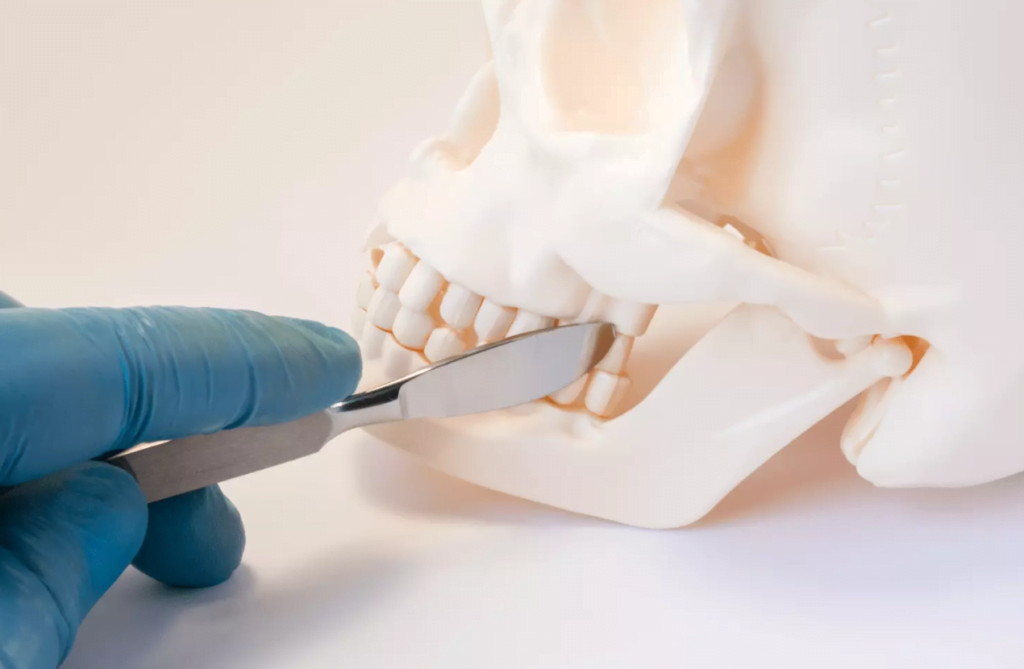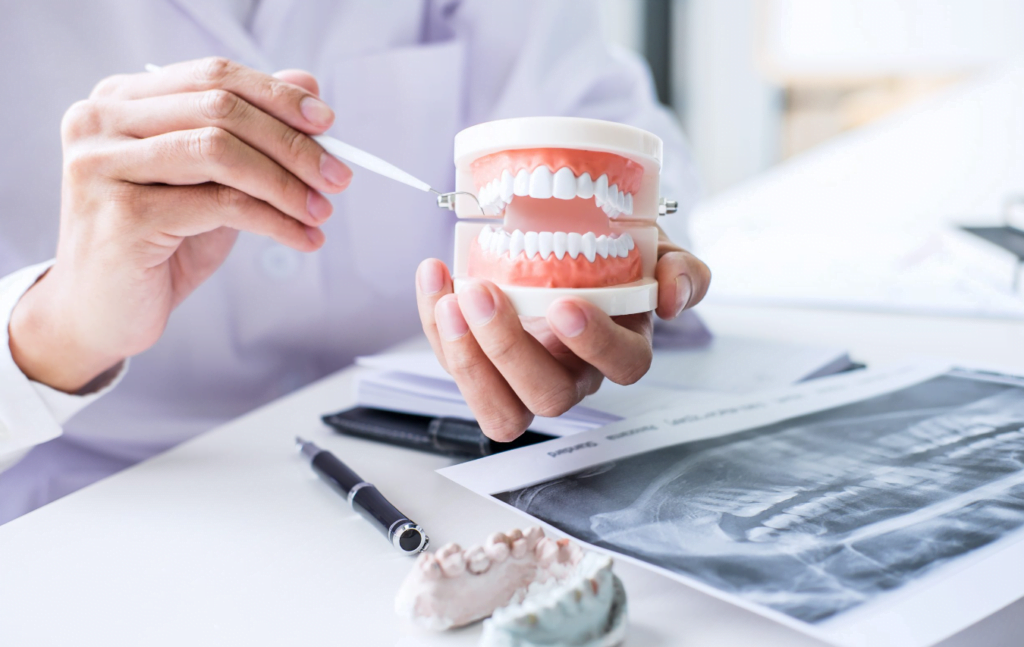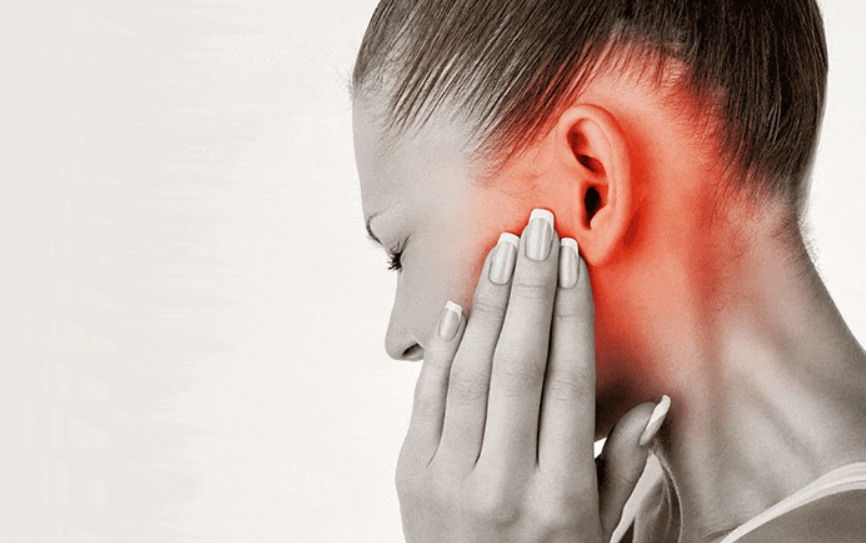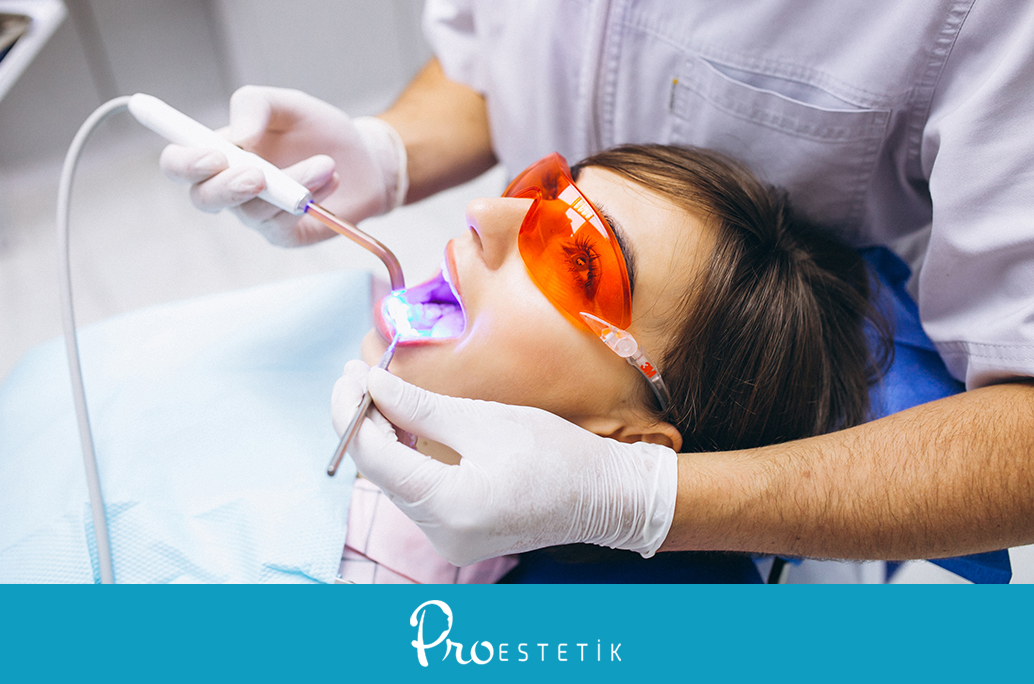Jaw pain is one of the most common ailments. These pains, which can spread to different parts of the face and worry the person, can be caused by many different reasons such as clenching teeth or headache. In order to treat jaw pain correctly and effectively, it is first necessary to determine the cause of the pain. Because the more accurate the diagnosis, the more successful the treatment will be.
Nowadays, people tend to downplay jaw pain. Nevertheless, it is of great importance to consult a doctor immediately in case of severe jaw pain in order to start treatment early. Various methods are used to treat jaw pain, which can be alarming.
What is Jaw Pain?
Jaw pain is a discomfort or ache felt in the jawbone or ear area, which can radiate to different parts of the face. It can result from various factors such as teeth grinding or headaches. Identifying the underlying cause of jaw pain is crucial for effective treatment.
Causes of Jaw Pain:

Jaw pain can stem from various reasons, each leading to different types of discomfort. Identifying the factor causing the pain is essential for determining the appropriate treatment path.
- Temporomandibular Joint Disorders (TMD): TMD is often the primary cause of jaw pain, resulting from inflammation, trauma, or teeth grinding.
- Dental and Gum Diseases: Issues like gum disease or tooth decay can lead to localized jaw pain.
- Trauma: Injuries causing dislocation or fractures can result in severe jaw pain.
- Stress and Anxiety: Tension in the jaw muscles due to stress can lead to pain, especially if teeth clenching occurs.
- Sinusitis: Inflammation of the sinuses can cause pain in the jaw area due to their proximity.
- Tumor or Cyst: Growth in the facial or jaw area can lead to persistent jaw pain.
- Osteoarthritis: Degeneration of the jaw joint can result in chronic pain.
- Heart Attack: Jaw pain, particularly on the left side, can be a symptom of a heart attack.
- Headaches: Severe headaches can manifest as pain in the jaw area.
- Trigeminal Neuralgia: Compression of the trigeminal nerve can cause intense facial pain.
Symptoms of Jaw Pain:

People experiencing jaw pain often exhibit common symptoms associated with their condition, which can vary depending on the underlying cause.
Common symptoms of jaw pain include:
- Dizziness
- Headaches
- Difficulty swallowing
- Clicking or popping sounds in the jaw
- Facial swelling, pain, or fever
- Ear pain or ringing
- Increased sensitivity to pain
- Limited jaw movement
- Toothaches
- Abscess formation
Treatment of Jaw Pain:
Treatment for jaw pain depends on the underlying cause, and a tailored approach is essential for effective management.
- For TMD, exercises to strengthen the jaw joint or medication may be prescribed.
- Dental issues may require treatments like tooth extraction or root canal therapy.
- Stress-related bruxism can be managed with night guards to prevent teeth clenching.
- Sinusitis treatment may involve medication based on the severity.
- Surgical removal of tumors or cysts may be necessary for persistent pain.
- Trigeminal neuralgia may require medication management based on the individual's condition.
How to Relieve Jaw Pain:

While complete relief at home may not always be possible, certain measures can alleviate jaw pain temporarily before seeking professional help.
- Avoid hard-to-chew foods and opt for softer options.
- Perform gentle jaw exercises like opening and closing the mouth or side-to-side movements.
- Avoid chewing gum to minimize strain on the jaw muscles.
- Massage the jaw muscles gently.
- Take precautions to prevent further trauma.
Do not delay seeking medical attention for jaw pain. Early treatment can prevent potential complications. If you are seeking examination and treatment for jaw joint pain, feel free to contact our clinic.

 English
English Turkish
Turkish Deutsch
Deutsch العربية
العربية![[:en]Jaw Pain: Causes, Relief, and Symptoms[:tr]Çene Eklemi Ağrısı Neden Olur? Nasıl Geçer? Semptomları![:de]Kieferschmerzen: Ursachen, Linderung und Symptome[:ar]آلام الفك: الأسباب، الإغاثة، والأعراض[:] çene ağrısı](https://proestetik.com.tr/wp-content/uploads/2023/07/cene-agrisi.png)










